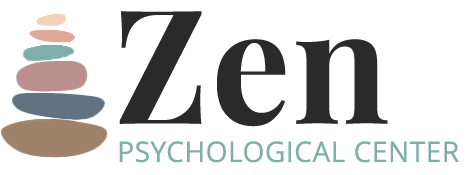Sometimes, our brains play tricks on us by telling us terrifying stories about the possibility of something catastrophic happening. OCD makes us doubt what we know to be true—our relationships, our identity, our morals, our love for others, our capabilities, or even our health. Your brain might be crafting a unique and distressing narrative, making you feel compelled to engage in certain behaviors to prevent that imagined scenario from coming true.
This can manifest in many ways, including:
- Contamination fears – Worrying that you or others will be harmed by germs, chemicals, or other perceived threats.
- Harm OCD – Intrusive thoughts about hurting yourself or others, even when you deeply oppose violence.
- Moral scrupulosity – Fear of being a bad person, lying, or making an ethical mistake.
- Relationship OCD (ROCD) – Constant doubt about your feelings toward your partner or their feelings toward you.
- Perfectionism – Feeling an overwhelming need to do things “just right” to avoid failure or catastrophe.
- Imposter syndrome & responsibility OCD – Fear of being negligent, making a mistake, or being exposed as a fraud.
At Zen, we help you understand your unique flavor of OCD, why it feels so relevant to you, and pull yourself out of the obsessive thought cycle of OCD. While traditional OCD treatment often focuses on compulsions, we combine this with a cognitive approach, helping you recognize the obsessive thought patterns before they even turn into compulsions.

